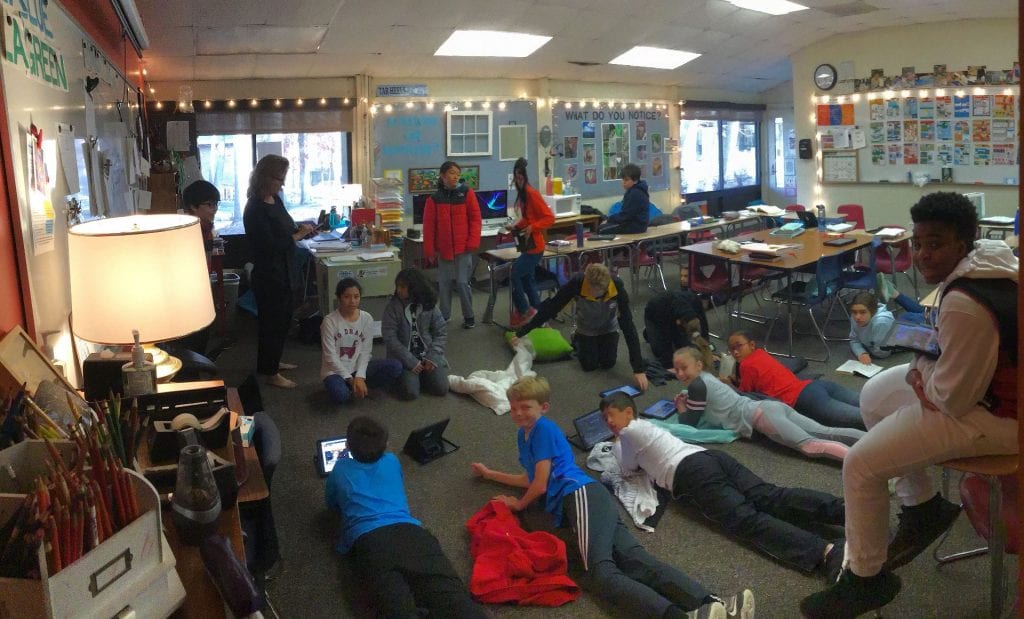
Planksgiving
Click below to see the 6-minute success! 6 minutes Plank dec 2018 IMG_0280-1o3jmg0 November 5, 2018, our 6th grade… read more


Click below to see the 6-minute success! 6 minutes Plank dec 2018 IMG_0280-1o3jmg0 November 5, 2018, our 6th grade… read more
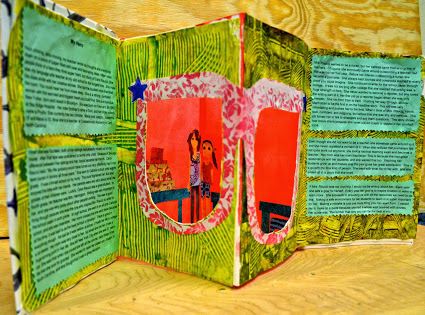
It’s so much more than 6th grade. It’s so much more than Language Arts. One can consume all the knowledge… read more

There are many things I could have become besides a teacher. My four years at UNC Chapel Hill included… read more
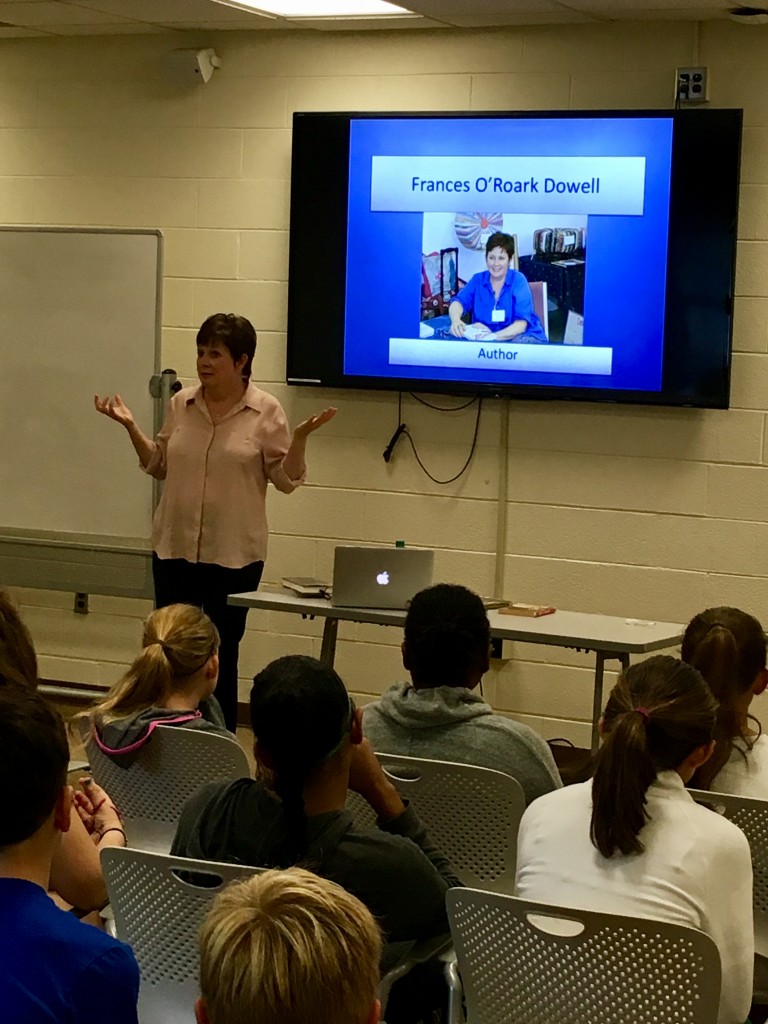
Photo by Patti Donnelly What did you read this summer? Sixth graders at Durham Academy Middle School chose… read more
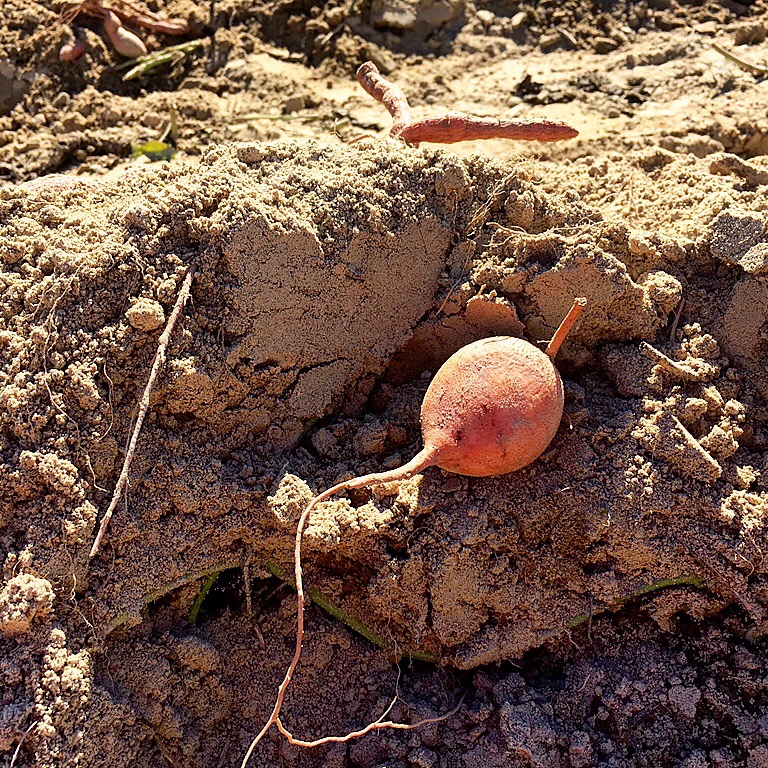
My grandfather, Dr. Ralph Cummings, was a farmer from Reidsville, North Carolina. He graduated first in his class at Reidsville… read more
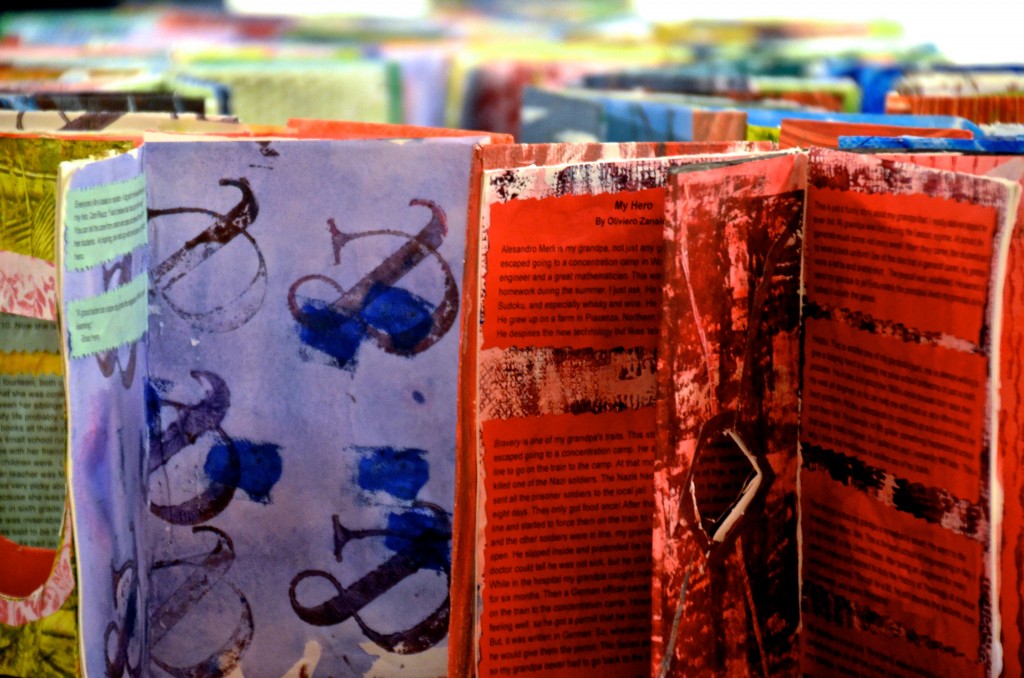
Photos by Patti Donnelly Each year we begin a journey of connection, reflection, and heartfelt moments. What I love most… read more
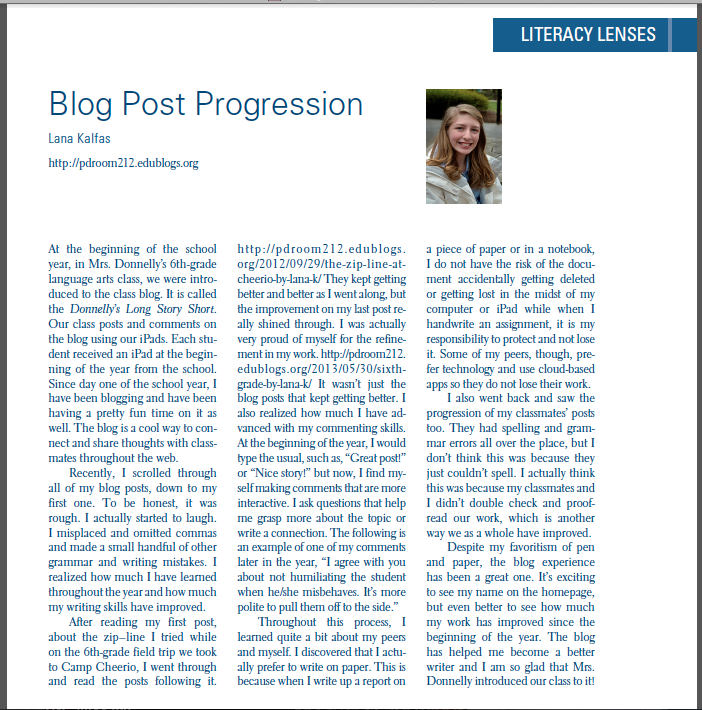
How do you improve your writing? Write. Seems so simple. We hear authors, teachers, and parents share this sage advice…. read more

This year’s 6th graders are currently working on their ideas worth sharing. We want to congratulate our own Durham Academy… read more
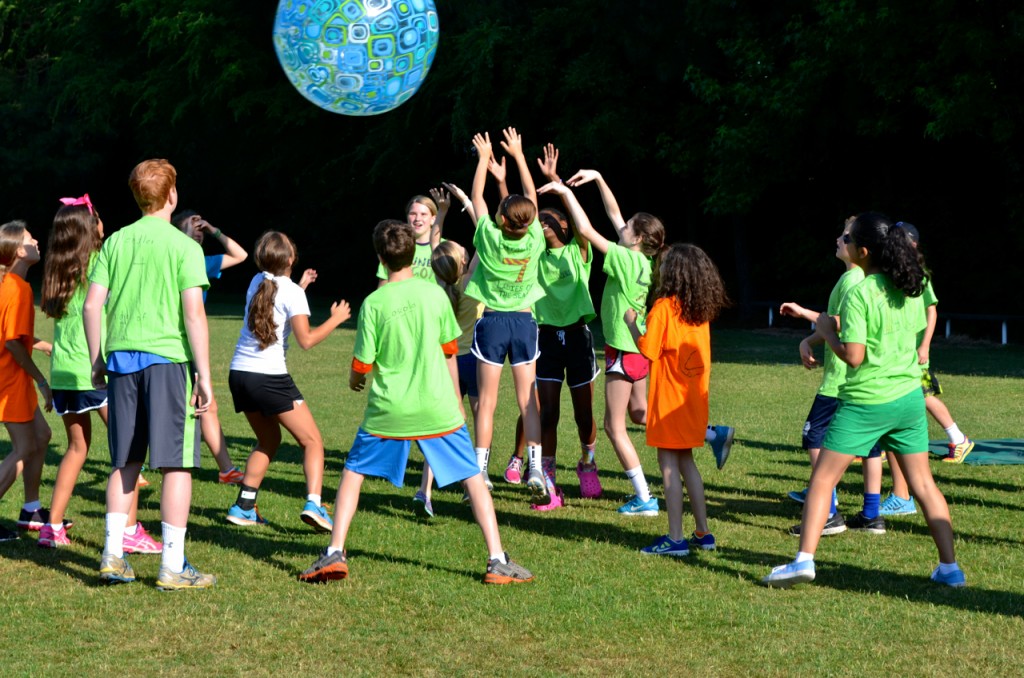
We began the year with Camp Cheerio in western, North Carolina where we explored, challenged ourselves, and pushed limits. On… read more